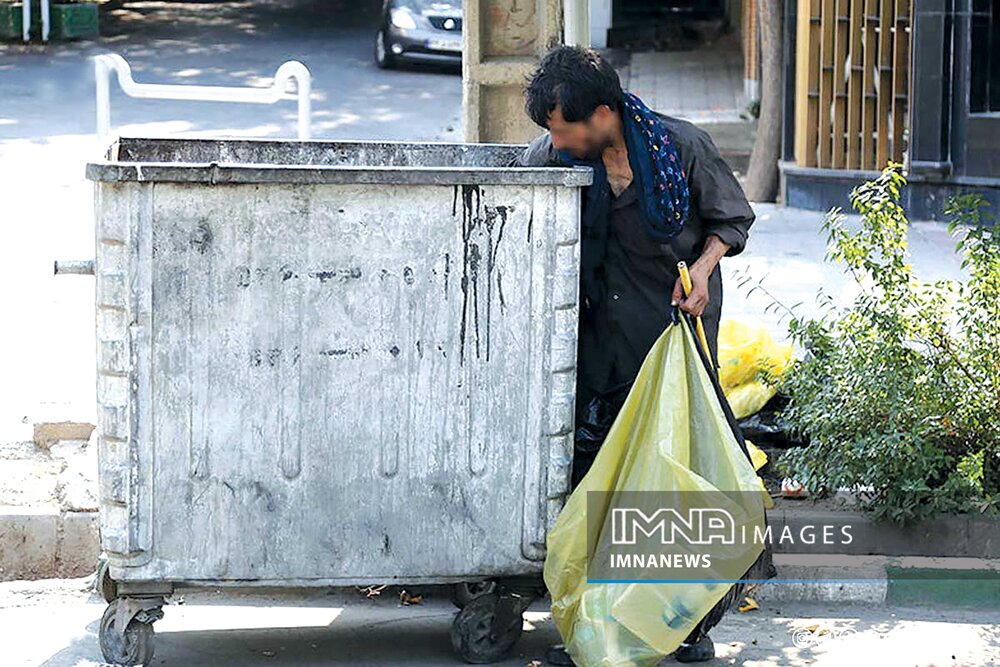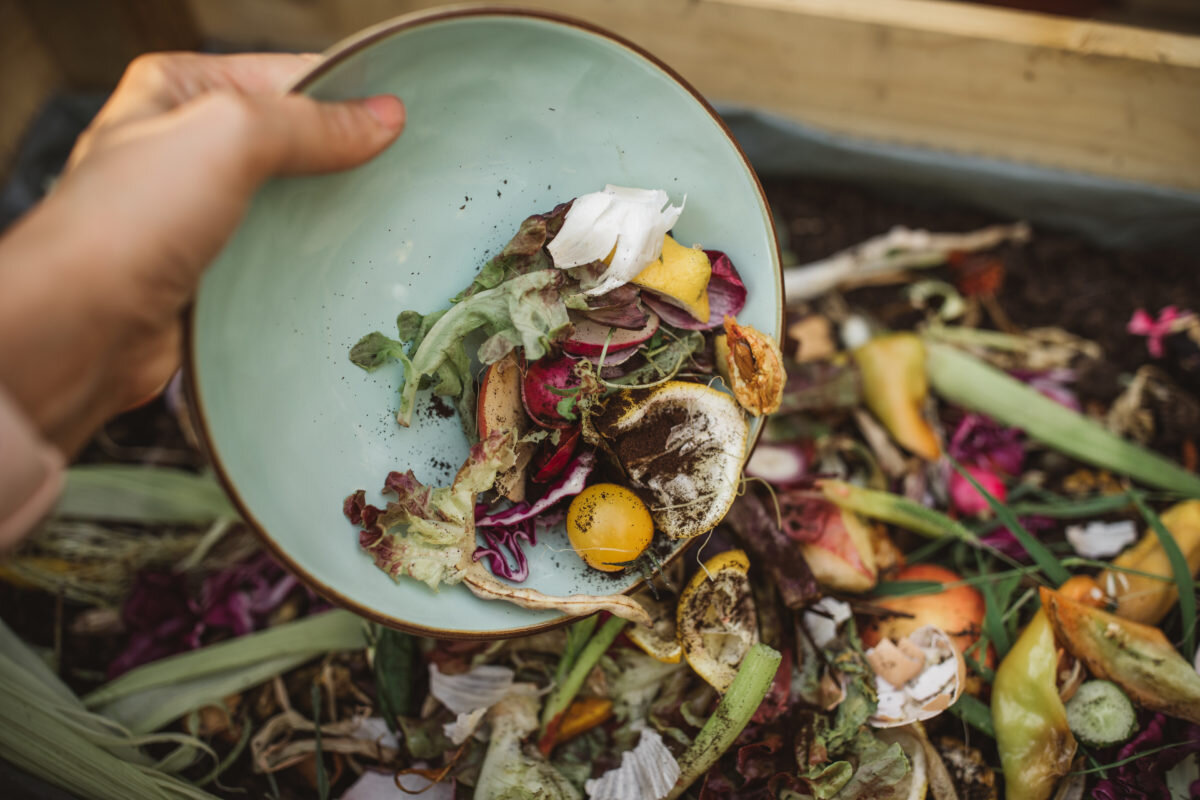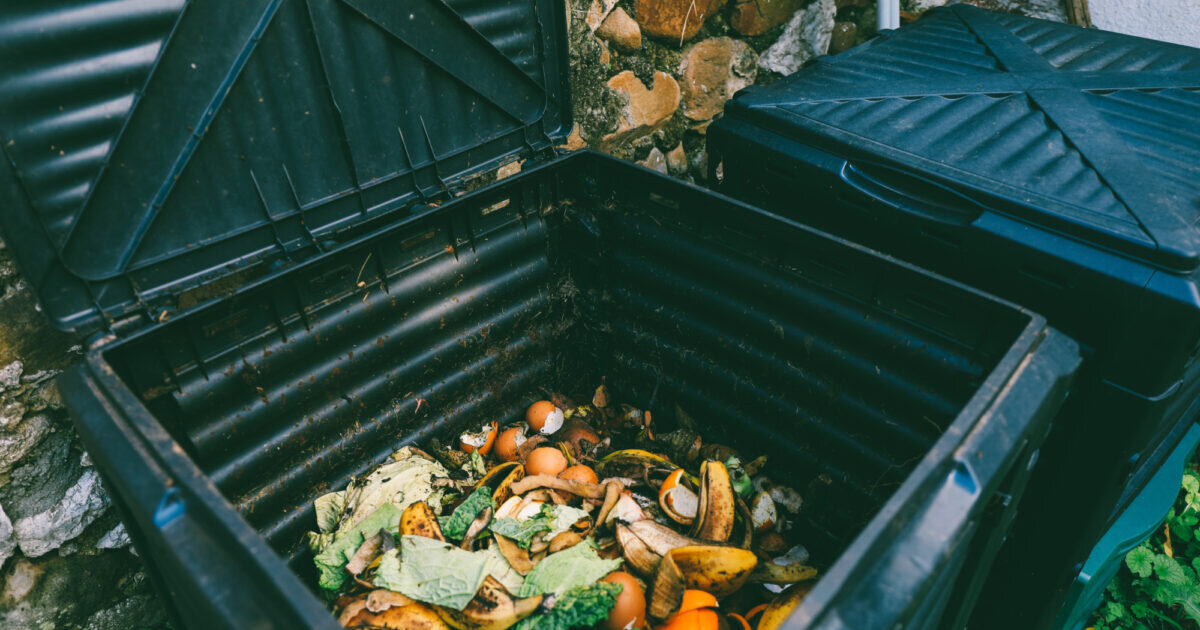Iran (IMNA) - It is crucial to recognize that food, alongside air and water, stands as one of the fundamental requirements for both humans and all living organisms. Its undeniable role in disease prevention and treatment should not be overlooked.
UN Report Reveals Alarming Increase in Global Hunger, Undermining Goal to End Food Insecurity by 2030
According to a recent UN report, the number of individuals experiencing hunger has risen by 46 million compared to last year, reaching a staggering 828 million. This disheartening trend signifies a significant setback in the global efforts to eradicate hunger, food insecurity, and malnutrition by the year 2030.
Jalaleddin Razaz, the president of the Iran Nutrition Association, emphasized that food security stands as a crucial benchmark for human development and remains a paramount objective for every nation. He explained that food security is achieved when all individuals have continuous physical and economic access to adequate, safe, and nutritious food that fulfills their dietary requirements for a healthy and active lifestyle.

Importance of Household Income and Nutritional Knowledge for Food Security Amidst Challenging Economic Conditions
In a recent statement, the expert emphasized the significance of household income and nutritional knowledge in ensuring food security within a social system. Razaz further highlighted the need for internal and external organizational coordination in Iran, particularly due to the prevailing circumstances including the COVID-19 pandemic, inhumane sanctions, economic difficulties, and inflation, which collectively pose a serious crisis.
To address the challenges of food security, especially among vulnerable groups, the expert proposed an alternative approach of preparing and distributing food baskets instead of providing subsidies or cash payments to low-income families. This solution would require the collaboration of officials to effectively implement it.
Food Waste a Major Contributor to Food Insecurity in Iran
Addressing food waste plays a crucial role in combatting food insecurity, according to recent findings. Economically, food waste not only leads to the loss of national resources like energy, water, and land but also causes significant environmental damage, including water pollution and the release of greenhouse gases.
Research indicates that societal changes such as increasing urbanization, evolving dietary patterns, and expanding global trade contribute to the rise in food waste. The World Food and Agriculture Organization (FAO) report reveals that each day, an alarming 134 kilocalories of food are wasted per person in Iran. This places Iran among the top countries worldwide in terms of food waste production.

Iran's Annual Food Waste Valued at $15 Billion, Exceeds European Union by 26 Million Tons
According to recent data, Iran faces a significant challenge in combating food waste, with an annual amount reaching a staggering 35 million tons, equivalent to approximately $15 billion. In comparison, the European Union, comprised of 27 member countries, wastes only 9 million tons of food each year.
The primary contributors to food waste in Iran are fruits, bread, and vegetables. To address this issue, the Food and Agriculture Organization (FAO) recommends several measures to optimize the use of excess food. These include utilizing surplus fruits to create compote, jam, and marmalade, as well as drying excess vegetables for future use. Additionally, it is advised to prepare meals in quantities suitable for the family's needs, store vegetables properly to extend their shelf life, adopt proper bread purchasing and storage practices, and segregate dry and wet waste for effective management.
Food Safety: Governments and Consumers Collaborate to Ensure Healthy and Hygienic Food
In the realm of food safety, the primary concern revolves around the well-being and cleanliness of our sustenance. The objective is to safeguard food from any potential microbial, chemical, or physical contaminants throughout its entire journey - from production and transportation to storage, cooking, and consumption. It is crucial that food does not pose any health risks to consumers.
Governments play a vital role in overseeing and intervening in matters related to food safety. They actively monitor and regulate the industry to maintain high standards and protect public health. However, individuals also have a crucial role to play as consumers in preventing food insecurity. This issue often arises during the process of purchasing food. For instance, it is essential to implement measures such as thoroughly examining standard signs and nutritional labels on food products. Additionally, being mindful of calorie content, ingredients, and the quantities of fat, fiber, and other nutrients present in the food should be a top priority, as emphasized by Razaz.



Your Comment